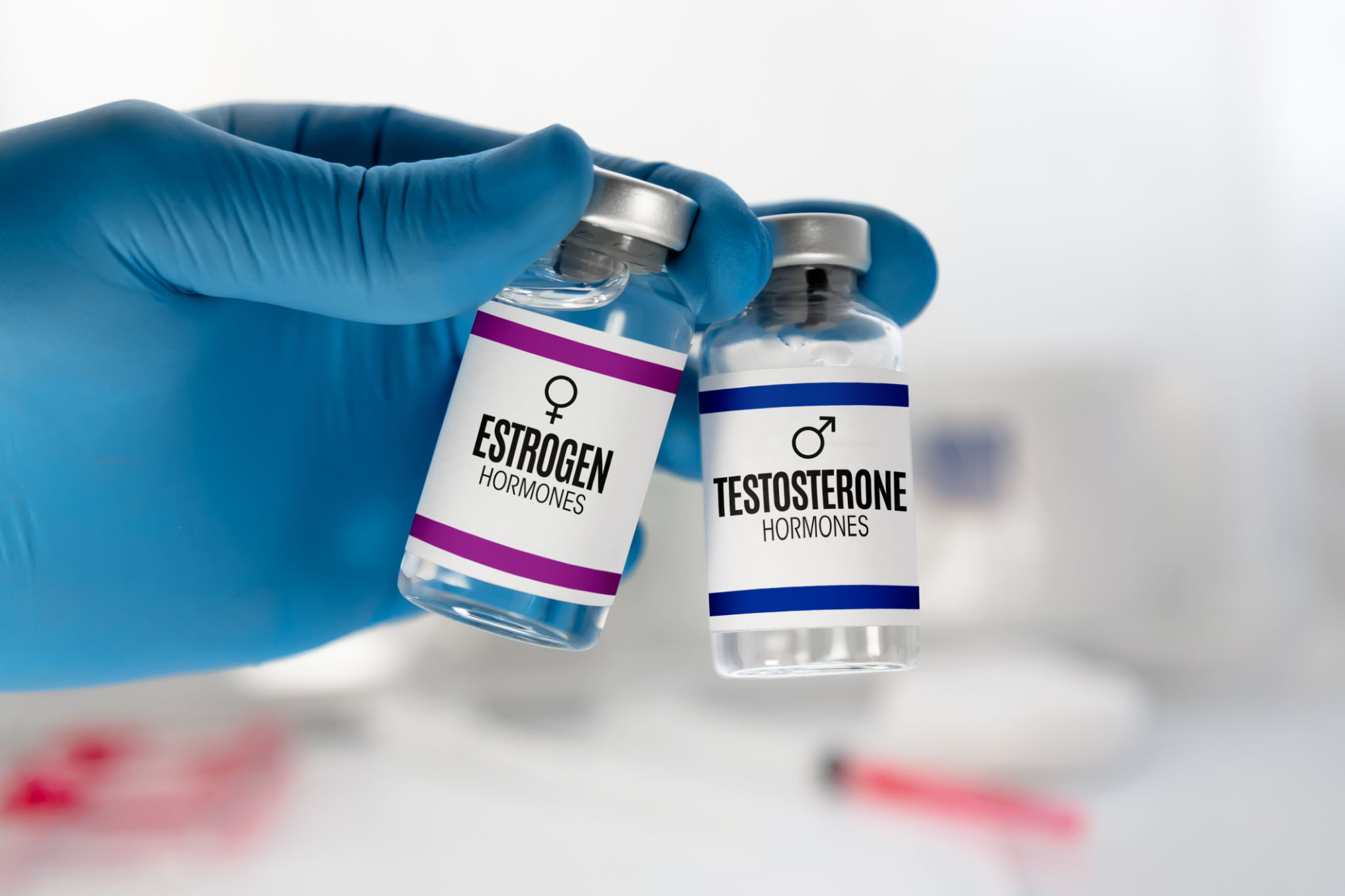The Science of Hormone Therapy: How It Supports Anti-Aging and Wellness
Understanding Hormone Therapy
Hormone therapy has gained popularity in recent years as a powerful tool for promoting anti-aging and overall wellness. As we age, our body's hormone levels naturally decline, leading to various signs of aging and health issues. By supplementing these hormones, hormone therapy aims to restore balance and improve quality of life.

The Role of Hormones in Aging
Hormones are chemical messengers that play a crucial role in regulating numerous bodily functions, including metabolism, mood, and reproductive health. As we age, the production of key hormones such as estrogen, progesterone, and testosterone decreases, contributing to the physical and mental changes associated with aging.
These hormonal changes can lead to common signs of aging, such as decreased energy levels, reduced muscle mass, weight gain, and mood fluctuations. Hormone therapy seeks to mitigate these effects by replenishing hormone levels and supporting the body's natural functions.
Benefits of Hormone Therapy
Hormone therapy offers several potential benefits that contribute to both anti-aging and overall wellness. These include:
- Improved energy levels: By balancing hormone levels, individuals often experience increased vitality and stamina.
- Enhanced mood and mental clarity: Hormone therapy can help stabilize mood swings and improve cognitive function.
- Better physical appearance: Many people report improvements in skin elasticity, muscle tone, and hair health.
These benefits collectively contribute to a more youthful appearance and a higher quality of life.

Types of Hormone Therapy
There are different types of hormone therapy available, tailored to meet individual needs. Some of the most common types include:
- Bioidentical hormone replacement therapy (BHRT): This approach uses hormones that are chemically identical to those produced by the human body.
- Estrogen therapy: Primarily used for women experiencing menopause-related symptoms.
- Testosterone therapy: Often prescribed for men with low testosterone levels.
Scientific Support for Hormone Therapy
The science behind hormone therapy is continually evolving, with numerous studies highlighting its potential benefits. Research has shown that hormone therapy can effectively alleviate symptoms associated with menopause and andropause (male menopause), improve bone density, and support cardiovascular health.
However, it's essential to consult with a healthcare professional before starting any hormone therapy regimen. Personalized treatment plans based on individual needs and health conditions are crucial for achieving optimal results.

Potential Risks and Considerations
While hormone therapy offers significant benefits, it is not without risks. Some individuals may experience side effects such as weight gain, mood changes, or increased risk of certain health conditions. It is vital to work closely with a qualified healthcare provider to monitor hormone levels and adjust treatment as needed.
Regular check-ups and open communication with your healthcare provider can help minimize risks and ensure that hormone therapy remains a safe and effective part of your wellness routine.
Conclusion
The science of hormone therapy holds promise for those seeking to combat the effects of aging and enhance their quality of life. By understanding the role hormones play in our bodies and recognizing the potential benefits and risks of hormone therapy, individuals can make informed decisions about their wellness journey.
As research continues to evolve, hormone therapy remains a valuable option for those looking to maintain vitality and well-being throughout the aging process.
